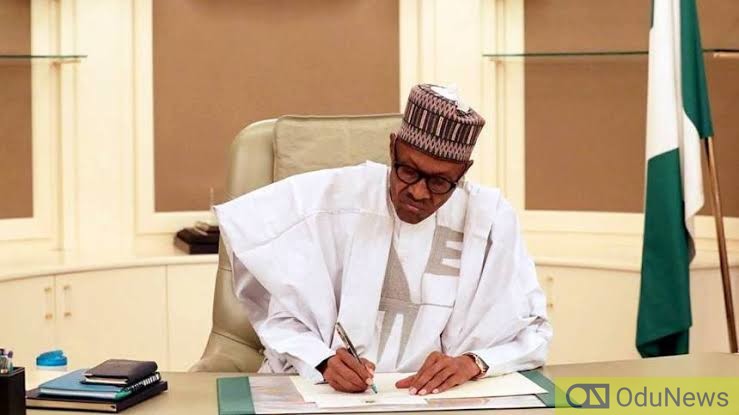President Muhammadu Buhari has reportedly approved the electricity tariff increase and will take-off from September 1.

The Nigerian Electricity Regulatory Commission (NERC) had approved service reflected tariffs for the electricity sector and was due to commence July 1, 2020 after it was initially postponed from April 1, 2020.
However, this was suspended after reports indicated Electricity Distribution Companies, DisCos, had pushed for a postponement until key areas of disagreement are sorted.
According to Thisday, the president ” may have finally approved the official implementation of cost-reflective tariffs for the Nigerian Electricity Supply Industry (NESI),” with the tariff now set to go live on September 1, 2020. The report also indicates the president signed off the tariff increase on Tuesday following pressures by the World Bank.
Nigeria applied for a $3 billion world bank loan from which $1.5 billion and another $1-$1.5 billion loan is for State Governments. However, as reported earlier, the world bank expects Nigeria to meet certain preconditions before the loan is disbursed. Some of the conditions we gather include;
Unification of the exchange rate
Introduction of new electricity tariffs
Removal of fuel subsidy.
The World Bank is also reported to have earmarked $750 million for the Power Sector and reportedly will not disburse the loans if the power sector is not operating a cost-reflective tariff regime. However, it appears DisCos had some issues to clarify with stakeholders such as the Regulators before a new tariff can be approved.


Comments are closed.